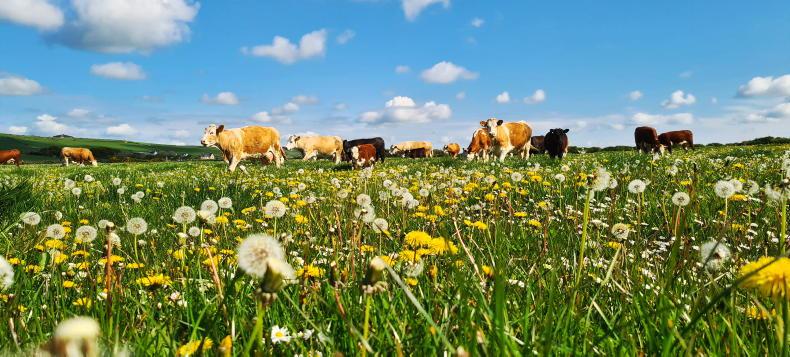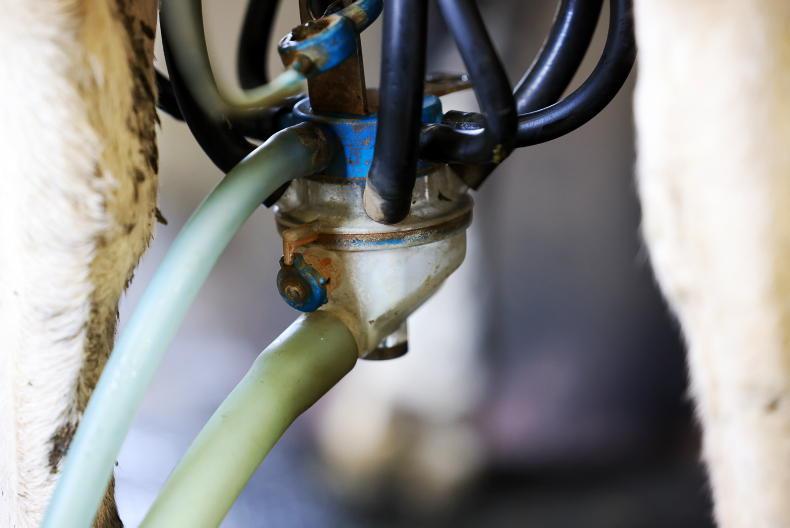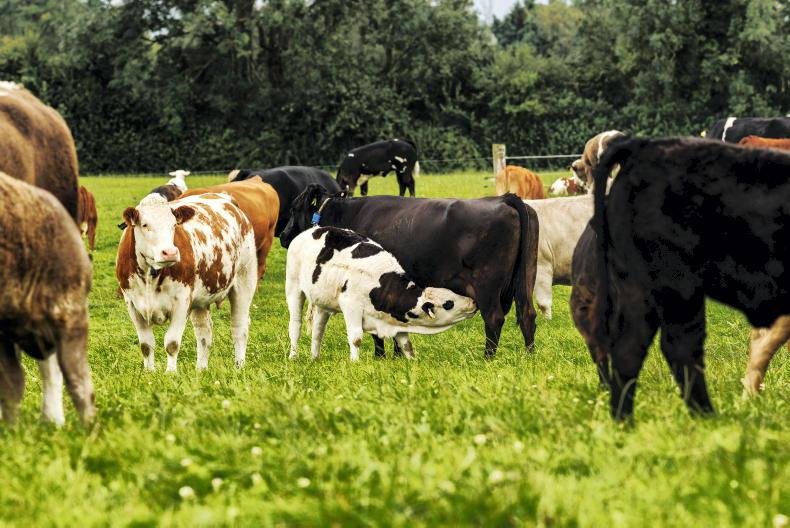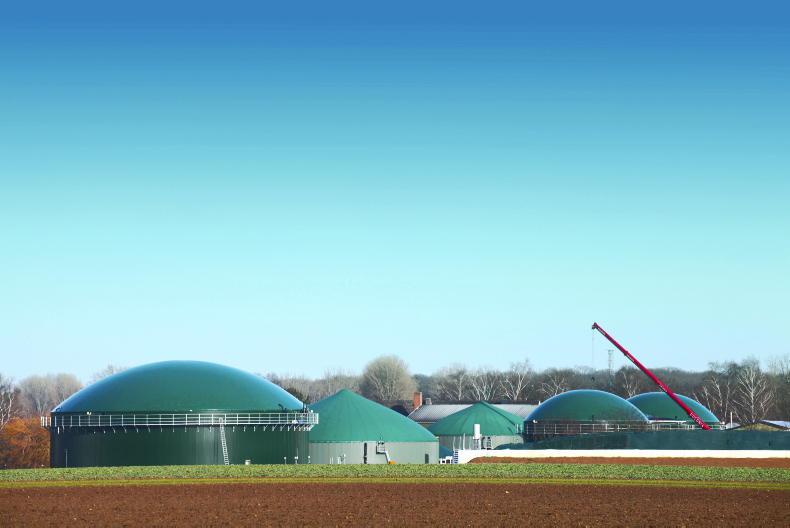The economic importance of the Irish agricultural industry is well documented, with the Department of Agriculture, Food and the Marine reporting that it accounted for 8.8% (€14.2bn) of total exports in 2020 and that the agri-food sector makes a significant contribution to employment, accounting for 7.1% of total employment (163,600 jobs), in rural areas.
However, from an environmental sustainability perspective, there is much debate about the high level of CO2 emissions generated by it and how this issue needs to be addressed.
On the other hand, there is an acknowledgement that agriculture provides valuable sources of ecological assets and contributes positively to preserving natural habitats and biodiversity.
This article argues that farmers should work in collaboration with advisory services to assist them to create more sustainable farm enterprises.
Recent events such as the COVID-19 pandemic and the war in Ukraine have increased the complexity of the dynamic environment that food producers operate in, especially in terms of disruption to food supply chains and concerns around food security, thereby placing renewed focus on the necessity for a sustainable food supply.
The green agenda in agriculture
The green agenda is at the forefront of national and international policy development in agriculture and food production. This is primarily driven by the UN sustainable development goals, as a number of them relate to agriculture and food production.
COP26, which took place in Glasgow in late 2021, placed a renewed focus on environmental sustainability by asking governments signed up to the UN Framework Convention of Climate Change (UNFCCC) to pledge to an increased reduction in CO2 emissions.
In this context, a particular focus on addressing the CO2 emission in agriculture was called for.
At EU level, the European Green Deal, through its Farm to Fork Strategy, sets out plans on how to improve sustainability and the environmental impact of the agricultural industry.
The targets set out under the EU Green Deal are currently being incorporated into policy development in the area of CAP reform.
At a national level, in 2021 the Irish Government announced the introduction of a Climate Action and Low Carbon Development Bill which includes ambitious targets to reduce the environmental emissions of the agricultural industry.
Coupled with this, Teagasc has its Farm to Fork Strategy and Bord Bia has its Origin Green project, which focus on improving sustainability in Irish agriculture.
A financial perspective
Sustainability in agriculture is a multidimensional concept and broadly covers three main pillars: economic sustainability, environmental sustainability and social sustainability.
Environmental sustainability refers to how the agriculture and food production processes impact our environment.
Social sustainability in agriculture relates to the farming community and sustainability relating to society as a whole.
Economic sustainability is primarily concerned with the long-term financial benefits to agricultural producers.
In terms of economic sustainability, many farm enterprises are financially vulnerable.
This is particularly the case for beef, sheep and tillage farmers as the 2021 Irish Farm Report (published recently by ifac) outlines that 87% of beef farmers, 75% of sheep farmers and 63% of tillage farmers acknowledge that their farm enterprise does not provide an adequate income.
The outlook for 2022 farm incomes is uncertain, with the rising costs of farm inputs such as fuel, fertiliser and feed placing additional pressure on profit margins for many food producers.
Balancing Economic Sustainability with Environmental Sustainability
The challenge for farmers and food producers is to balance economic sustainability with environmental sustainability.
Given the economic vulnerability for many farm enterprises and rising input costs, the financial viability of their enterprise may understandably be a top priority for farmers, with environmental sustainability a secondary priority.
However, despite the current uncertainty in economic conditions in the short-term, the long-term focus on environmentally sustainable food production should be of utmost importance.
Research shows that agricultural advisers and rural accountants are one of the primary advice sources, and a trusted advice source, for farmers and small business owners. Therefore, farmers need to work with the advice sources available to learn about sustainability initiatives which can help them to improve both environmental and economic sustainability.
Farmers need to engage with agricultural advisers and accountants, as they can assist by conducting a cost-benefit analysis of environmental sustainability initiatives (for example, calculating the payback or return on investment of initiatives that reduces the carbon footprint of farm enterprises) and help business owners avail of financial supports to meet the cost of such initiatives.
To maintain a sustainable food supply, a financial management perspective acknowledges that economic sustainability should not be sacrificed for environmental sustainability, but rather work practices need to change to meet the dual agenda of economic and environmental sustainability.











SHARING OPTIONS